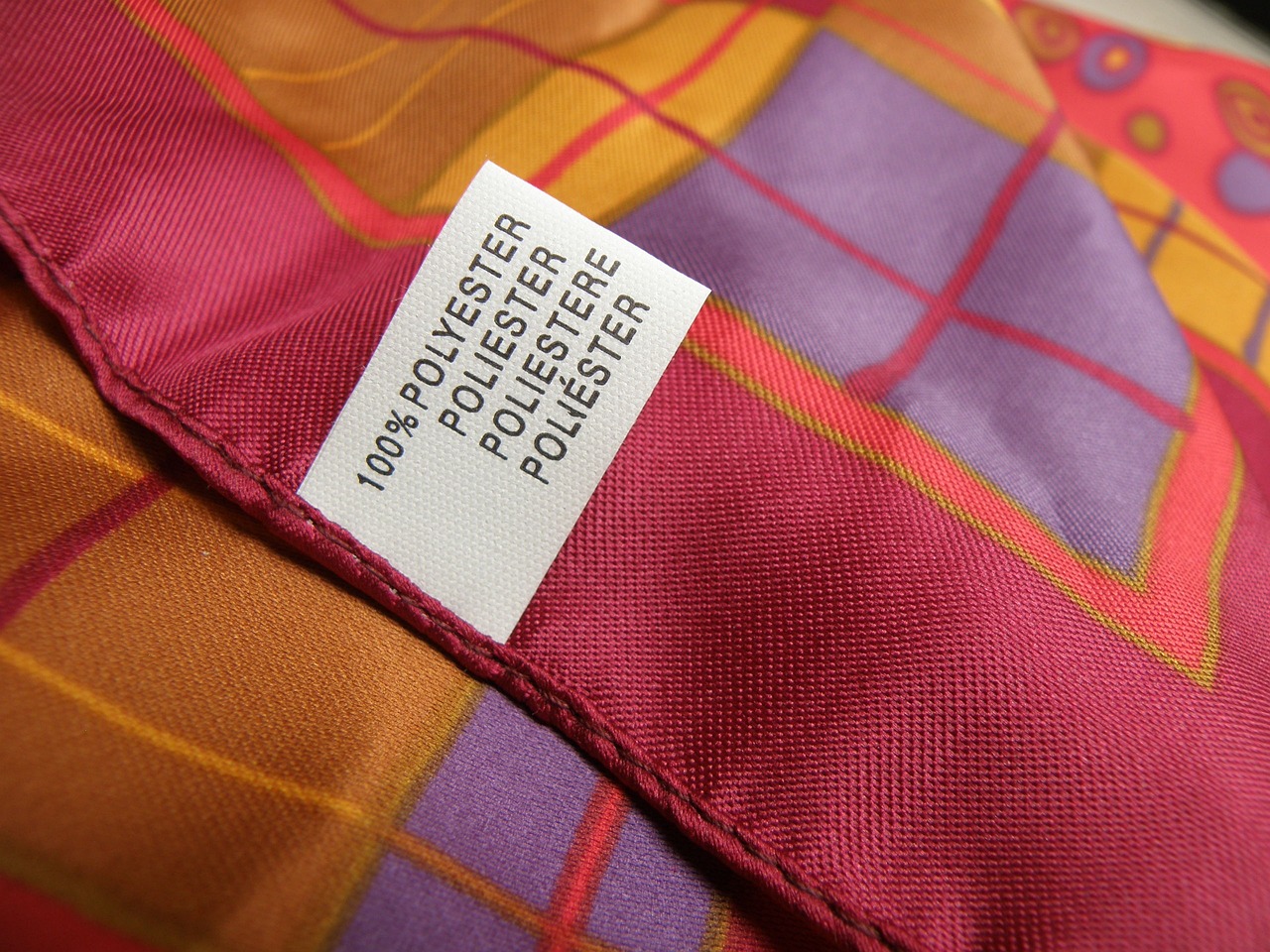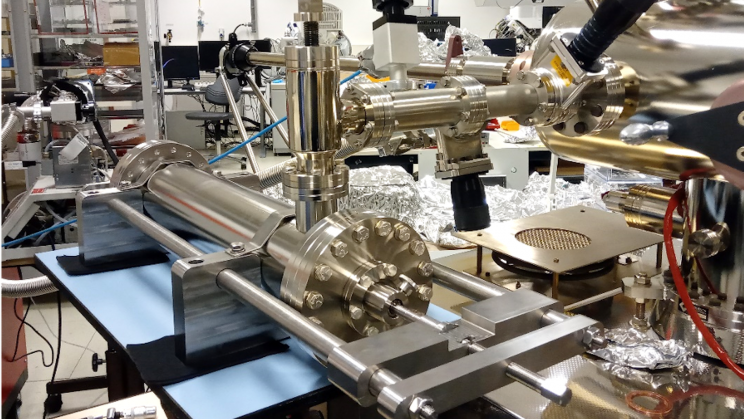Polyester, found in everything from clothing to sofas to curtains, dominates the textile industry as the second most utilized fabric. Made from petroleum, a staggering 60 million tonnes of this widely favored fabric are produced each year.
Despite its widespread use, this synthetic material poses a significant environmental threat due to its near-impossibility to recycle. Merely 15% of the polyester is currently being recycled, leaving the vast majority to either accumulate in landfills or be incinerated, contributing to elevated carbon emissions.
The textile industry urgently needs advanced recycling technologies for a more sustainable approach.
Researchers from the University of Copenhagen have made an exciting breakthrough by developing a novel and surprisingly simple method to separate polyester-cotton blends. Their approach involves using a mild solvent, heat, and a common salt used by bakers.
In their study, the scientists submerged polyester and cotton blended textile scraps in ethylene glycol and introduced ammonium carbonate (hartshorn salt), a common leavening agent used in baking. The mixture was then heated to a temperature of 160 degrees Celsius.
This innovative technique could make polyester more environmentally friendly and efficient.
This simple yet effective process successfully separated the polyester and cotton components. Hence, demonstrating the potential of this method as an eco-friendly and effective way to handle blended fabrics for recycling.







